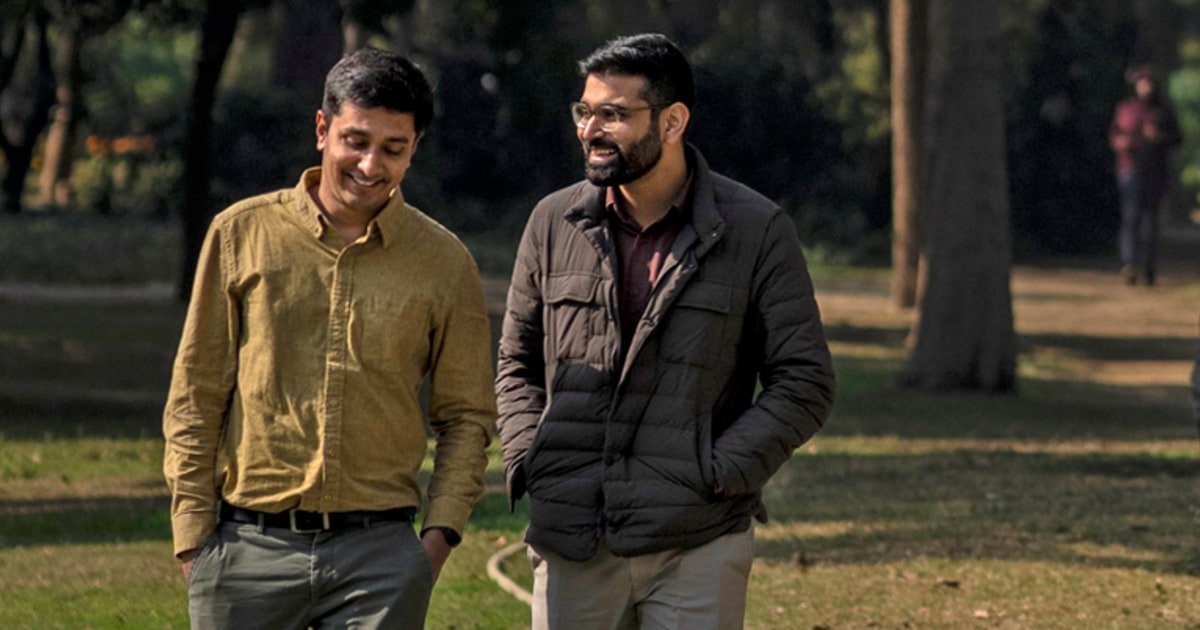The Facts
On Tuesday, India's Supreme Court began hearing final arguments on a number of petitions from LGBTQ+ couples and activists seeking to legalize same-sex marriage in the country.
A five-judge constitutional bench headed by Chief Justice of India DY Chandrachud is live streaming the debate in "public interest" as it calls same-sex union a "seminal" issue of great importance.
The Spin
Progressive narrative
It's not a matter of religion, tradition, or social morality; it's about the fundamental rights of citizens, about freedom from stigma and harassment, and about LGBTQ+ couples having the same rights as heterosexual couples. The case has implications not just for LGBTQ+ couples but also for equality for all citizens under the Constitution at a time when India's democratic values are under attack by right-winger activists attempting to shift the country towards a theocracy.
Conservative narrative
While the LGBTQ+ community shouldn't be discriminated against, it's crucial to note that same-sex marriages aren't compatible with the Indian familial unit of husband, wife, and children. Proponents of marriage equality must understand that any attempt to disturb the exclusively heterogeneous institution would cause complete havoc in India's deeply religious society. The ripple effects of legalizing same-sex marriages are difficult to anticipate.


